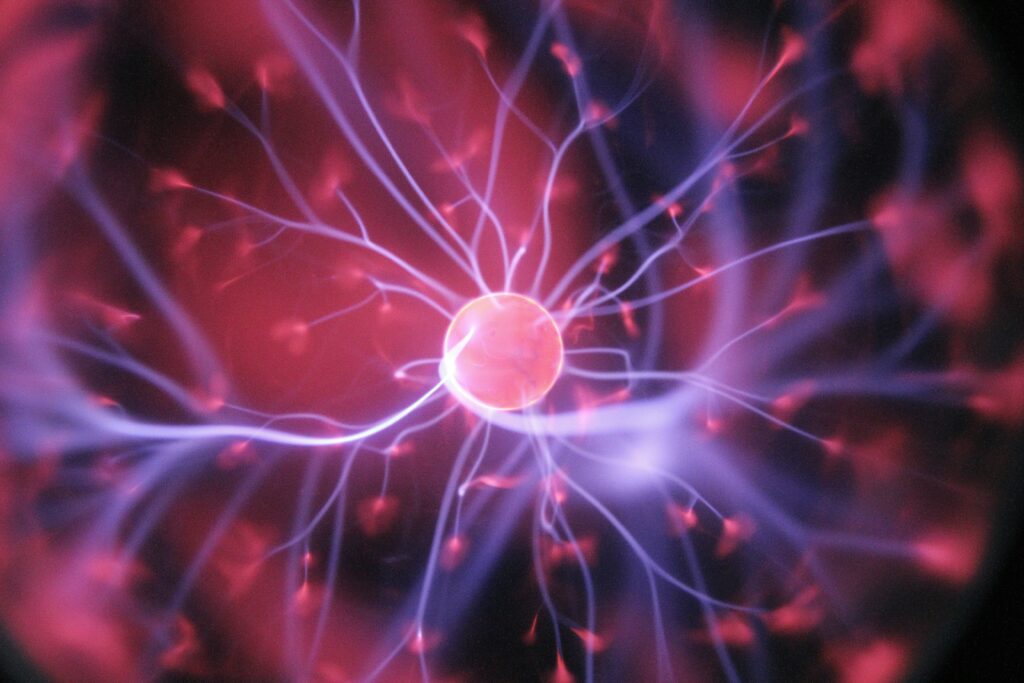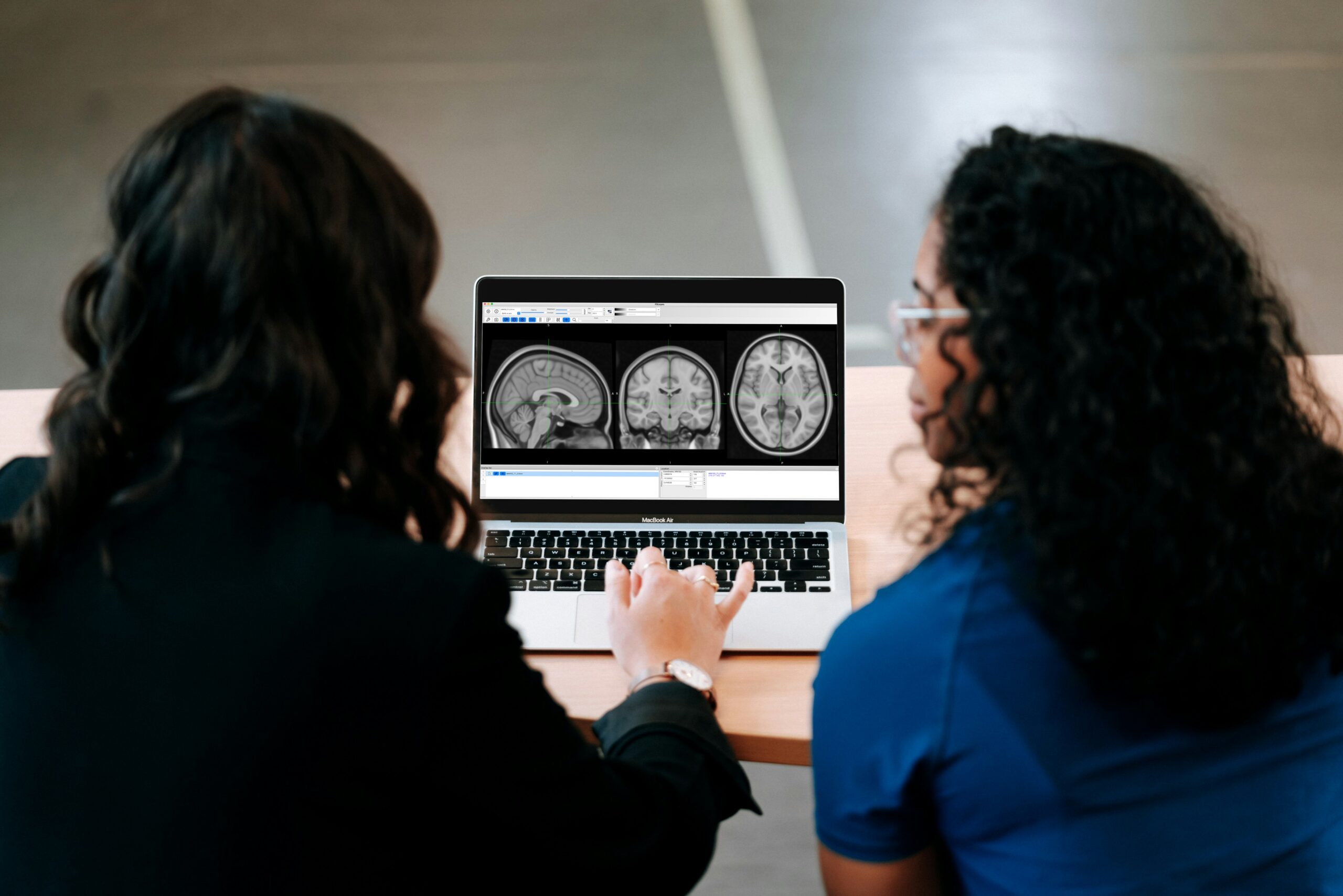When most people think about cannabis, they think of relaxation, creativity, or maybe a good night’s sleep. But did you know cannabis also has a connection to something called neuroplasticity, the brain’s ability to rewire and adapt?
Neuroplasticity is a process that involves adaptive structural and functional changes to the brain. This allows us to learn new skills, build habits, and even recover after stress or injury. In simple terms, it’s the brain’s flexibility. And as research into cannabis grows, scientists are starting to uncover how compounds like THC and CBD may influence this process.

How Cannabis Talks to the Brain
To understand the cannabis–neuroplasticity link, we need to start with the endocannabinoid system (ECS) – a vast network of chemical signals and cellular receptors that are densely packed throughout our brains and bodies. This is your body’s own network of cannabinoid receptors that help regulate mood, stress, sleep, memory, and more.
When you consume cannabis, THC and CBD interact with this system. THC binds to receptors that can change how brain cells “talk” to each other, while CBD takes a gentler approach, often helping balance signals rather than overstimulating them. Since neuroplasticity is all about how those brain connections strengthen or weaken over time, it makes sense that cannabis could play a role.
THC and Brain Flexibility
This connection is nuanced, however. On one hand, THC can boost our perception of our creativity and make new experiences feel richer, both of which are tied to neuroplasticity. On the other hand, research shows that heavy or early THC use, especially before the brain fully matures around age 25, may interfere with memory and learning. Studies suggest THC can disrupt how the hippocampus, a brain region that helps us form memories, creates new neural connections.
So while THC might open the door to new ways of thinking in the short term, long-term overuse (particularly in younger people) could make the brain less flexible.

CBD and Brain Health
CBD tells a different story. Unlike THC, CBD doesn’t get you intoxicated. Instead, it is being studied for its ability to reduce anxiety, support mood balance, and treat pain. Research reported that CBD may have a modulatory effect on brain regions associated with anxiety and stress, such as the amygdala and prefrontal cortex, suggesting a possible neuroplasticity-like effect.
For people interested in cannabis and brain health, CBD may turn out to be the most promising area of focus. In animal studies, CBD has been linked to neuroplasticity: a 2024 animal study demonstrated that repeated CBD treatment in rat models led to changes in synaptic plasticity markers. While we still need more human studies, many researchers believe CBD could one day be part of treatments designed to boost brain adaptability.
The Takeaway: Balance Is Key
So, can cannabis improve neuroplasticity? The answer depends on how, when, and what kind of cannabis you use.
- For younger users, THC may be risky since the brain is still developing.
- For adults, moderate cannabis use, especially strains or products higher in CBD, may offer benefits for stress relief and brain health.
- For everyone, balance and intention matter. Too much THC over time could dull the brain’s flexibility, while mindful use might enhance creativity and open-mindedness.
Generally speaking, cannabis is not a proven tool for neuroplasticity, however it can be a powerful tool that interacts with one of our body’s most important systems. By staying informed and choosing products carefully, users can explore cannabis in a way that supports, not hinders, their brain’s ability to grow and adapt.
Why This Matters for Cannabis Wellness
For cannabis brands focused on health and wellness, the science of cannabis and neuroplasticity is a reminder: consuming cannabis is not always just about the high. It is about balance, adaptation, and potential. As research continues, we may see CBD playing a bigger role in mental health support, while THC use becomes more intentional, creative, and context-specific.






